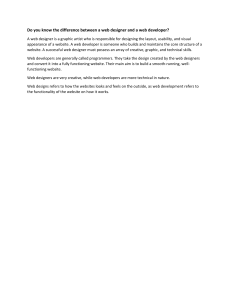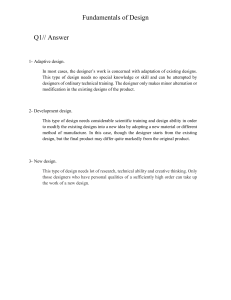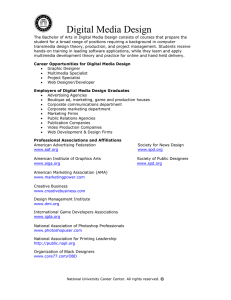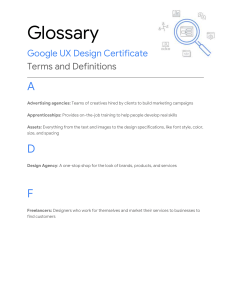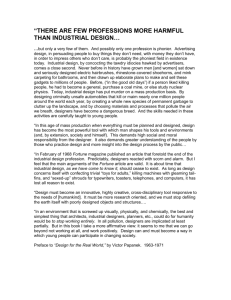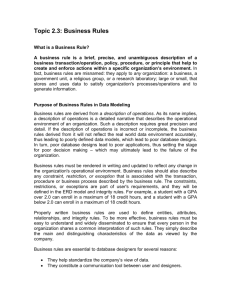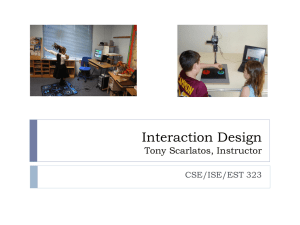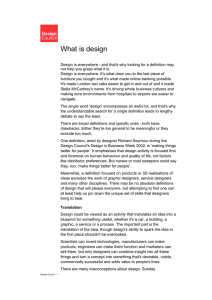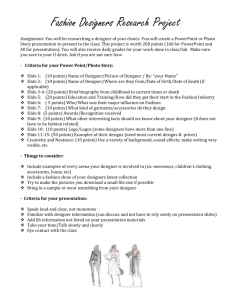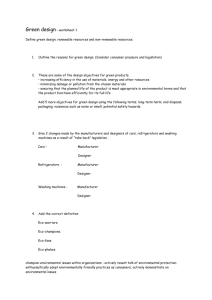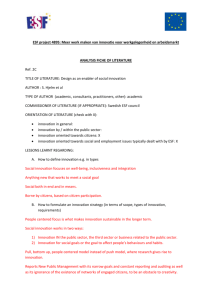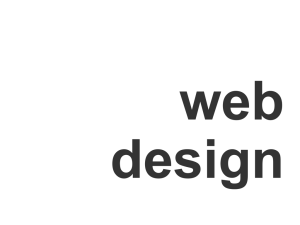ID Defined
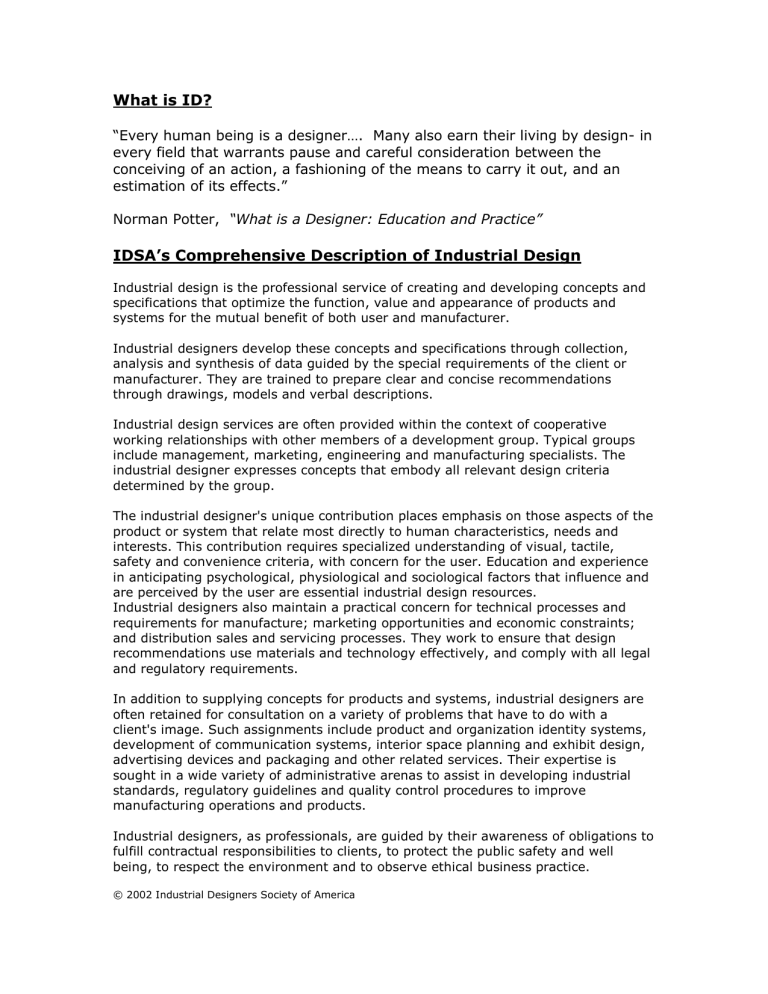
What is ID?
“Every human being is a designer…. Many also earn their living by design- in every field that warrants pause and careful consideration between the conceiving of an action, a fashioning of the means to carry it out, and an estimation of its effects.”
Norman Potter, “What is a Designer: Education and Practice”
IDSA’s Comprehensive Description of Industrial Design
Industrial design is the professional service of creating and developing concepts and specifications that optimize the function, value and appearance of products and systems for the mutual benefit of both user and manufacturer.
Industrial designers develop these concepts and specifications through collection, analysis and synthesis of data guided by the special requirements of the client or manufacturer. They are trained to prepare clear and concise recommendations through drawings, models and verbal descriptions.
Industrial design services are often provided within the context of cooperative working relationships with other members of a development group. Typical groups include management, marketing, engineering and manufacturing specialists. The industrial designer expresses concepts that embody all relevant design criteria determined by the group.
The industrial designer's unique contribution places emphasis on those aspects of the product or system that relate most directly to human characteristics, needs and interests. This contribution requires specialized understanding of visual, tactile, safety and convenience criteria, with concern for the user. Education and experience in anticipating psychological, physiological and sociological factors that influence and are perceived by the user are essential industrial design resources.
Industrial designers also maintain a practical concern for technical processes and requirements for manufacture; marketing opportunities and economic constraints; and distribution sales and servicing processes. They work to ensure that design recommendations use materials and technology effectively, and comply with all legal and regulatory requirements.
In addition to supplying concepts for products and systems, industrial designers are often retained for consultation on a variety of problems that have to do with a client's image. Such assignments include product and organization identity systems, development of communication systems, interior space planning and exhibit design, advertising devices and packaging and other related services. Their expertise is sought in a wide variety of administrative arenas to assist in developing industrial standards, regulatory guidelines and quality control procedures to improve manufacturing operations and products.
Industrial designers, as professionals, are guided by their awareness of obligations to fulfill contractual responsibilities to clients, to protect the public safety and well being, to respect the environment and to observe ethical business practice.
© 2002 Industrial Designers Society of America
